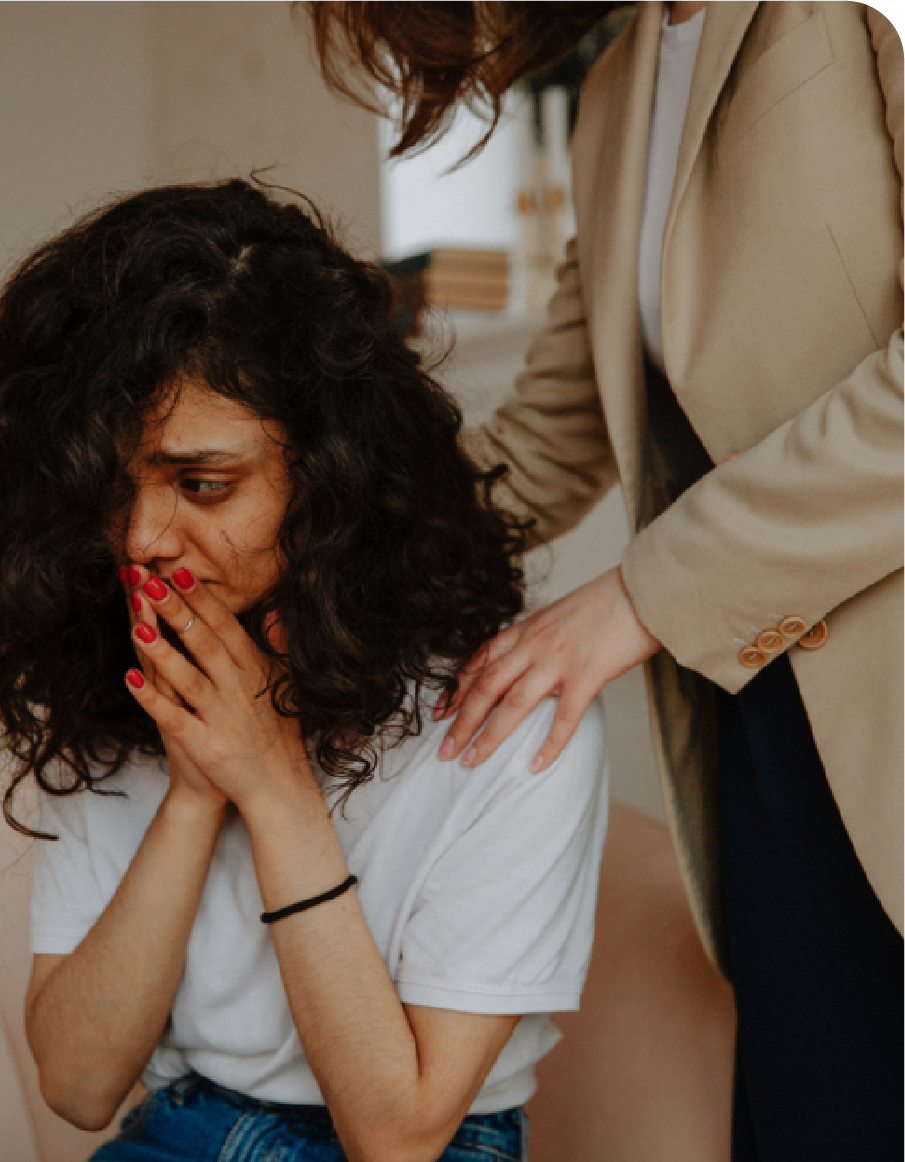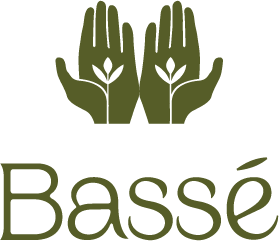Blog

There is a Solution to the Opioid Crisis
What if there was a single-session treatment for opioid addiction that virtually eliminated withdrawal symptoms and reset addicts’ brains to pre-addictive states?
It may sound too good to be true but, surprisingly, such a solution does exist. It’s a miracle in the form of a psychoactive monoterpene indole alkaloid called ibogaine, derived from the root bark of the African rainforest shrub, Iboga.
The catch? Ibogaine is illegal in the U.S. and many other parts of the world, making it difficult to access for many of those who need it most.
Here’s why this needs to change.
How Does Ibogaine Work?
Ibogaine, when administered in a clinical setting with conscientious aftercare, boasts a success rate that blows conventional Opioid Replacement Therapy (OPT) treatments out of the water. In one ibogaine study, not one out of 30 patients had returned to problematic opioid use after two years.
After only five months of maintenance treatment, the dropout rate for methadone OPT programs is almost 40%, and only one in four of these dropouts will be opioid-abstinent after six weeks.
Ibogaine treatment gives real hope to opioid-dependent people and their families because it is one of the only interventions that promotes true healing. True healing seeks to address addiction at its source, paving the way for spiritual as well as physiological recovery. This gives addicts a chance to get their lives back in full.
Pharmaceuticals don’t heal. Instead, OTP treatments sentence patients to a “recovery” in which a good deal of their life force is spent merely managing symptoms.
Detox: The First Hurdle of Opioid Recovery
The first big challenge faced by patients in recovery is that they must endure unimaginably agonizing opioid withdrawal symptoms.
In case you’re not familiar with what opioid withdrawal is like, in the words of treatment expert Patrick Kroupa, “…it feels like your skeleton is being smashed, your spine is being smashed in a vise…your skull feels like it’s compressing your brain.” He goes on to say that within 30 to 45 minutes of taking a dose of ibogaine “…it feels like you’re just suspended in this ocean of warm energy and…my habit is gone.”
This is not to say that ibogaine is a magic bullet that produces perfect outcomes every time. Conscientious aftercare is essential for continuing recovery success post-detox. But withdrawal is a tremendous hurdle for addicts seeking recovery, and ibogaine offers patients an impressive mitigation of withdrawal symptoms that is unmatched by any other therapeutic modality.
Just as amazingly, after initial detox ibogaine eliminates Post Acute Withdrawal Syndrome (PAWS) symptoms—which include opioid cravings and depression—that patients would ordinarily need to suffer through for months, or even years after detox.
It would take nearly superhuman strength to overcome these hurdles using conventional treatments for opioid recovery—no wonder that the success rate for traditional rehab is somewhere between four and six percent.
How Ibogaine Helps the Opioid Dependent
Ibogaine has the remarkable power to “interrupt” an opioid addiction.
By dramatically alleviating withdrawal symptoms and eliminating cravings for between one and three months, ibogaine gives addicts an opportunity to get a solid foothold in recovery. This is an opportunity that no other treatment option offers, but its healing effects go way beyond craving-relief.
The remarkable potential of ibogaine as a treatment for opioid addiction was discovered completely by accident in 1962.
Nineteen-year-old heroin addict Howard Lotsof took some ibogaine given to him by a friend, who promised him a 36-hour “trip.”
Some thirty hours after taking the ibogaine—a full day and a half after he last took heroin—Lotsof woke up from a nap, went outside for a walk and came to the astonishing realization that he was experiencing zero withdrawal and had no cravings for heroin.
Here’s where it gets even more interesting.
The hallucinogenic properties of ibogaine initiate what is often described as a lucid dream state. In this state, which some have described as being like “…watching a movie of your own life,” forgotten memories are retrieved and patients come to have a deeper awareness about their life experiences. This insight helps people gain a new understanding of the driving forces behind their addictive behaviors.
For Howard Lotsof, the experience made him look at heroin in a totally new way. In the words of ibogaine researcher Thomas Kingsley Brown, Ph.D., “…his perception of heroin had completely changed…before he’d seen heroin as something that gave him comfort, now he viewed heroin as something that emulated death. The very next thought in his head was, ‘I prefer life over death.’” There’s not much evidence that methadone or buprenorphine inspires similar profound insights.
Lotsof’s experience lines up with those of many other addicts who have been treated with ibogaine. Patients in Thomas Kingsley Brown’s study report some of the following improvements:
- Detox is much easier. As previously mentioned, there are dramatic improvements in detox symptoms. Withdrawal symptoms generally disappear altogether within a few days.
- Reduced opioid use. This lasts for 12 months or longer after one ibogaine treatment session.
- Improved relationship status. Relationships with family and friends are healthier and more loving post-treatment.
Conventional Methods Don’t Keep Addicts Clean
As long as there are opioids, a certain percentage of the population will become addicted to them, and sadly too large a percentage of those will die from that addiction.
The best treatment for addiction to pharmaceuticals is unlikely to be another pharmaceutical. The conventional approaches we’ve been seeing to address the opioid crisis mainly use drugs like methadone and buprenorphine, prevention (e.g., Prescription Drug Management Programs), or membership in 12-step programs. To save lives, more aggressive interventions are needed.
South Africa, Brazil, and New Zealand are a few of the most recent countries to legalize ibogaine. Many other countries are discussing various modes of legislation to legalize the process. Ibogaine is just starting to make a positive impact on this unbelievably tragic epidemic.
As addiction treatments go, ibogaine is unique. It’s the closest option we have to creating a fresh start for those struggling with opioid dependence.
Opioid addiction is a societal problem. The addicted include our family members, friends, and neighbors. There is someone close to you or close to someone you care about who is facing, has faced, or has lost their life due to this issue—all those that survive deserve a fighting chance to experience a life that is legitimately free of this devastating addiction.
